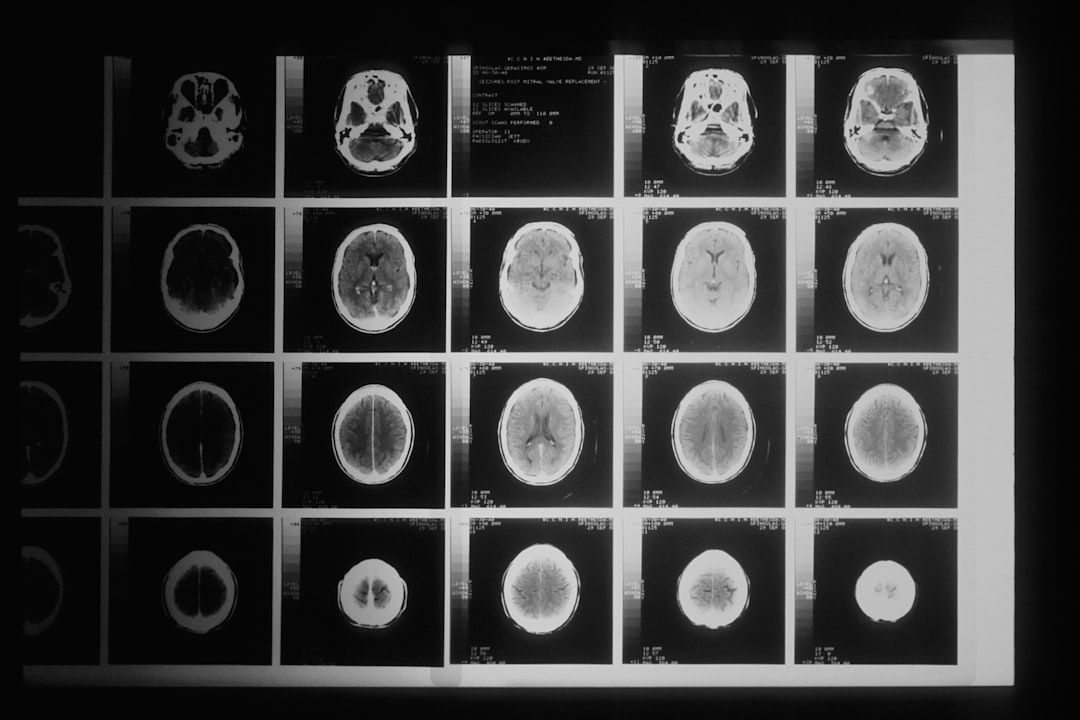What is it about?
Can the financial system be organized in a more resilient and sustainable structure? This paper presents a basic macroeconomic agent-based model to examine alternative monetary system approaches which claim to improve financial stability vis-à-vis the current system.
Featured Image

Photo by micheile henderson on Unsplash
Why is it important?
The financial system is a critical element in the development and functioning of an economy but is inherently prone to fragility. Notably, the crisis of 2007/2008 triggered a debate about possible alternative monetary system approaches and how to improve the financial system's stability. In this context, the monetary system affects the lending potential of banks and might impact the dynamics of financial crises. It is the underlying "software" of the financial system that enables payments, savings, insurance, and financing. Monetary regime changes have already been discussed in several European parliaments and were the subject of a referendum in Switzerland. However, their effectiveness and efficacy concerning macro-financial stability are not well-known. This paper defines the economic requirements for modeling the current monetary system and introduces the corresponding macroeconomic agent-based model (MABM). The MABM aims to present a starting point for exploring and analyzing monetary reforms.
Perspectives
The public and scientific debate about monetary regime shifts is mainly based on misunderstandings and untested hypotheses. This research defines the basic requirements to analyze monetary systems, which might prevent misunderstandings. Moreover, the presented model can help to test theoretical what-if assumptions and contribute to the public debate on a more sustainable financial system.
Florian Peters
University of Rostock
Read the Original
This page is a summary of: A basic macroeconomic agent-based model for analyzing monetary regime shifts, PLoS ONE, December 2022, PLOS,
DOI: 10.1371/journal.pone.0277615.
You can read the full text:
Resources
Contributors
The following have contributed to this page










